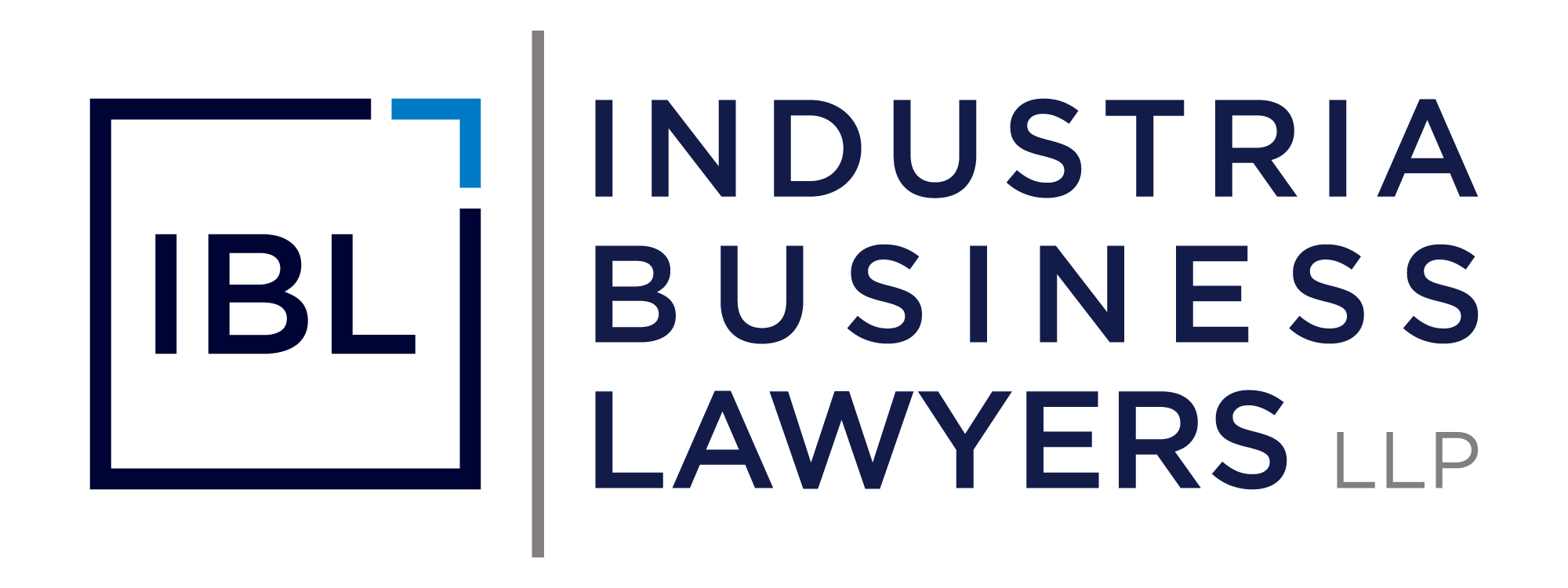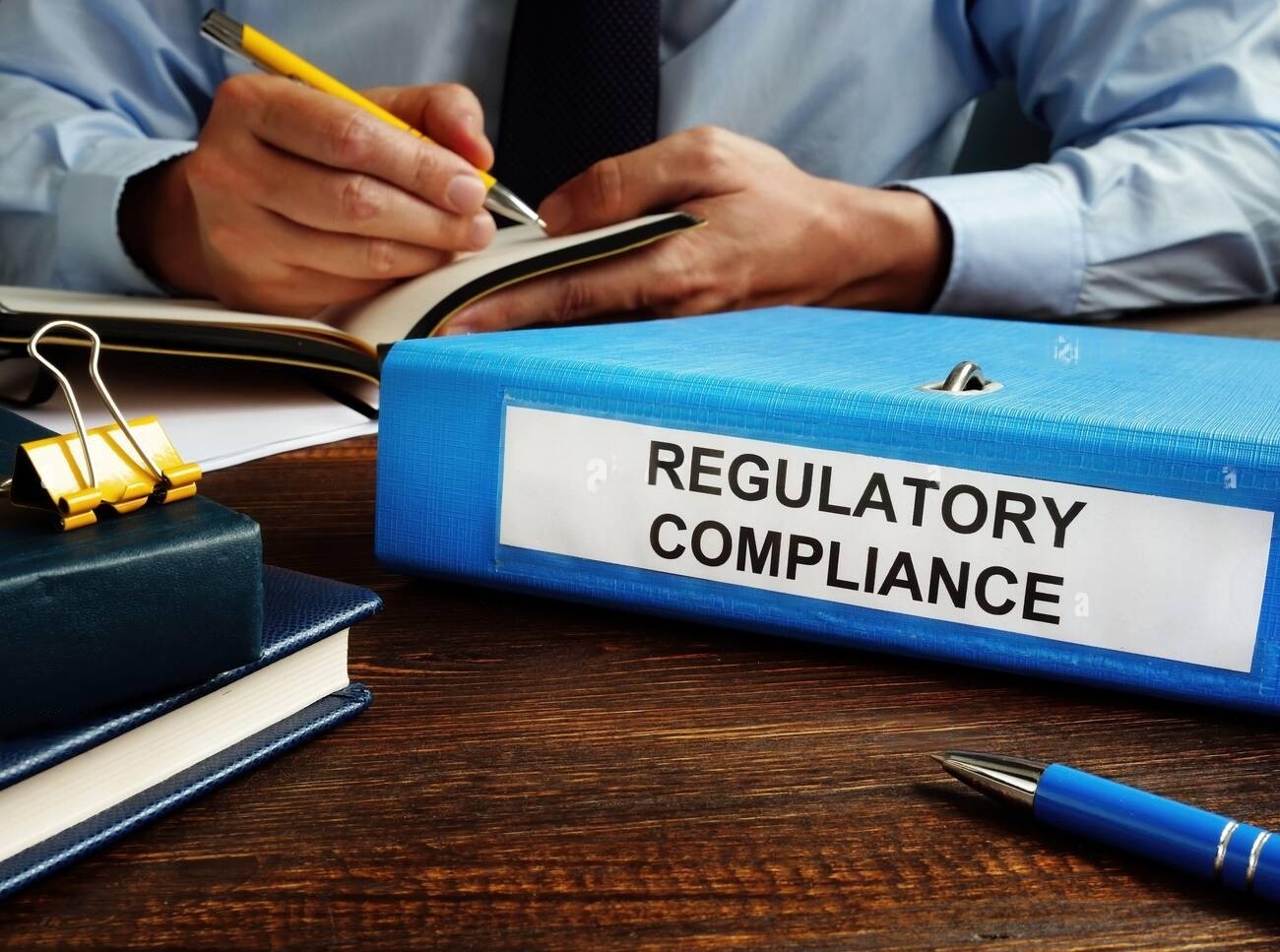Regulatory compliance memoranda (“memos”) are essential documents that help cryptocurrency and blockchain businesses understand and adhere to relevant legal and regulatory requirements.
These memos typically provide detailed analyses of relevant regulatory frameworks, evaluate the likelihood of their applicability to certain circumstances, outline compliance strategies, and offer guidance on navigating complex legal landscapes.
This article will delve into the components and importance of regulatory compliance memos for the cryptocurrency industry.
Key Takeaways
- Definition: Regulatory compliance memos provide detailed guidance on the applicability of, and adhering to legal and regulatory requirements in the cryptocurrency sector.
- Purpose: They ensure businesses operate within legal frameworks, mitigating legal risks and promoting trust with stakeholders.
- Components: Include regulatory characterization and applicability analysis, compliance strategies, and implementation guidelines.
- Challenges: Regulatory uncertainty and rapid technological changes pose significant challenges.
- Importance: Essential for legal compliance, risk management, and fostering innovation.
Understanding Regulatory Compliance Memos
Purpose of Regulatory Compliance Memos
Regulatory compliance memos serve several critical purposes for cryptocurrency businesses:
- Legal Guidance: They offer detailed explanations of potentially-relevant laws and regulations, helping businesses understand their legal obligations.
- Risk Mitigation: By outlining the likelihood of applicability and compliance strategies, these memos help mitigate legal and financial risks associated with non-compliance.
- Operational Clarity: Provide guidance on the boundaries of regulatory applicability and clear instructions on how to implement compliance measures within business operations.
- Stakeholder Trust: Demonstrating regulatory compliance enhances trust and credibility with investors, customers, and regulators.
Key Components of a Regulatory Compliance Memo
Regulatory Analysis
- Overview of Applicable Regulations: Detailed analysis of laws and regulations governing cryptocurrencies, such as the Securities and Exchange Commission (SEC) or Commodity Futures Trading Commission (CFTC) regulations and guidelines, and state money transmitter and anti-money laundering (AML) law and Financial Crimes Enforcement Network (FinCEN) requirements, and their applicability to a project or venture’s particular circumstances. Additionally, may include an examination of possible compliance frameworks or exceptions under these regulatory regimes, such as SEC exemptions like Regulation D in the US.
- Jurisdictional Variations: Examination of regulatory differences across jurisdictions, including the United States, European Union, and Asia, with a focus on key distinctions in securities classification, blockchain/crypto-specific laws and regulations, anti-money laundering (AML) obligations, and investor protection rules.
- Recent Developments: Updates on recent regulatory changes and the analysis of the latest legislative actions, enforcement trends, and key rulings from regulatory bodies like the SEC, CFTC, state regulators and attorneys’ general, and FinCEN, and their potential impact on the business.
Compliance Strategies
- Registration & Licensing: Depending on the activities carried out a crypto business may have to register with a regulatory body and obtain a relevant license. For example, non-bank financial institutions engaged in services like money transmission, currency exchange, or cryptocurrency transactions may be required to register with FinCEN as Money Service Businesses (MSB). Businesses carrying out money transmission services such as facilitating payments, sending remittances (e.g., in cryptocurrency), or providing virtual currency exchange services, in addition to registering with FinCEN as an MSB, may need to obtain a Money Transmitter License (MTL) from each state where they operate. Businesses carrying out any “virtual currency business” are required to obtain a separate “BitLicense” in New York, and starting in 2025, a similar license in California.
- AML/KYC Procedures: Most cryptocurrency businesses will fall under the scope of Anti-Money Laundering (AML) and Know Your Customer (KYC) requirements in the US and other jurisdictions globally, to at least some extent. Therefore, implementing AML/KYC measures to prevent illegal activities is crucial for such businesses. Even if a cryptocurrency business is not legally required to comply with AML/KYC regulations, it may be advisable to do so to enhance its reputation, build user trust, mitigate fraud risks, and get ahead of for evolving regulatory requirements.
- Token Classification: Analysis of whether tokens are classified as securities, commodities, or other instruments, will help shed light on the corresponding compliance requirements for cryptocurrency businesses. In the US, there are a number of frameworks to draw upon for this purpose, including the Howey Test , the SEC’s Framework for “Investment Contract” Analysis of Digital Assets, and token-related no-action letters (NALs) issued by the SEC which offer further guidance on specific cases.
- Data Protection: Cryptocurrency businesses must ensure compliance with data protection laws, including, where applicable, the General Data Protection Regulation (GDPR) and relevant U.S. state-level privacy laws, such as the California Consumer Privacy Act (CCPA), the California Privacy Rights Act (CPRA), and the Virginia Consumer Data Protection Act (VCDPA). Implementing robust data protection measures not only safeguards customer information, but also helps businesses avoid legal liabilities and fosters user trust.
- Advertising Laws: Crypto advertising encompasses various methods aimed at promoting cryptocurrencies, blockchain projects, and related services through techniques that include online advertisements, social media campaigns, influencer endorsements, and content marketing. In the US, the primary regulatory bodies overseeing crypto advertising are the Federal Trade Commission (FTC), which ensures advertisements are truthful and not misleading, and the SEC, which regulates advertisements for securities, requiring compliance with securities laws. In addition, individual US states generally have overlapping jurisdiction over consumer advertising and consumer-facing business practices through their attorney generals’ offices and through state unfair and deceptive trade practices acts. Compliance with such applicable rules and regulations is fundamental for cryptocurrency businesses, like any other.
Implementation Guidelines
- Step-by-Step Compliance Plan: Detailed instructions on implementing compliance measures, including timelines and responsibilities.
- Internal Controls and Audits: Guidance on establishing internal controls and conducting regular audits to ensure ongoing compliance.
- Reporting Requirements: Instructions on meeting regulatory reporting requirements, including financial disclosures and transaction reporting.
Challenges in Creating Regulatory Compliance Memos
Regulatory Uncertainty
The rapidly evolving regulatory landscape for cryptocurrencies poses a significant challenge. Frequent changes and lack of clarity in regulations can make it difficult for businesses to stay compliant.
Technological Complexity
The complexity of blockchain technology and its applications requires a deep understanding of both the technology and legal frameworks. This necessitates specialized knowledge and expertise.
Cross-Border Issues
Cryptocurrency businesses often operate globally, facing regulatory requirements from multiple jurisdictions. Navigating these cross-border regulatory challenges requires careful analysis and coordination.
Importance of Regulatory Compliance Memos
Regulatory compliance memos are vital for several reasons:
- Legal Compliance: Ensuring that businesses operate within the bounds of the law, avoiding penalties and legal actions.
- Risk Management: Identifying and mitigating potential legal and financial risks associated with non-compliance.
- Innovation: By providing clear regulatory guidelines, these memos support the innovative potential of blockchain technology, allowing businesses to develop new solutions within a legal framework with greater confidence.
Conclusion
Regulatory compliance memos are crucial tools for cryptocurrency and blockchain businesses. They provide detailed guidance on navigating complex regulatory landscapes, ensuring legal compliance, and mitigating risks. As the regulatory environment continues to evolve, staying informed and adhering to compliance guidelines is essential for the success and sustainability of cryptocurrency ventures.
For expert assistance in obtaining regulatory compliance memos and implementing their advice, consider consulting Industria Business Lawyers LLP (IBL) as your legal counselors. Our experienced team can provide comprehensive legal support and ensure your business adheres to all relevant regulatory requirements. Contact IBL today to navigate the complexities of cryptocurrency regulation effectively.
FAQs
What is a regulatory compliance memo?
A regulatory compliance memo provides detailed guidance on adhering to legal and regulatory requirements which may be applicable to, as well as those which are specific to the cryptocurrency and blockchain industry.
Why are regulatory compliance memos important?
They are crucial for ensuring legal compliance, mitigating legal and other risks, providing operational clarity, and enhancing trust with stakeholders.
What are the key components of a regulatory compliance memo?
Key components include regulatory analysis, coverage analysis (applicability to a business’ specific circumstances), compliance strategies, and implementation guidelines tailored to the specific needs of the business.
What challenges do businesses face in creating regulatory compliance memos?
Challenges include regulatory uncertainty, technological complexity, and cross-border regulatory issues that require specialized knowledge and expertise.
How can businesses stay compliant with cryptocurrency regulations?
Businesses can stay compliant by regularly consulting with the right legal counsel for the purposes of updating their knowledge of relevant regulations, implementing robust compliance strategies, and seeking expert legal advice.
For detailed advice and professional support regarding regulatory compliance, contact Industria Business Lawyers LLP (IBL) today.


